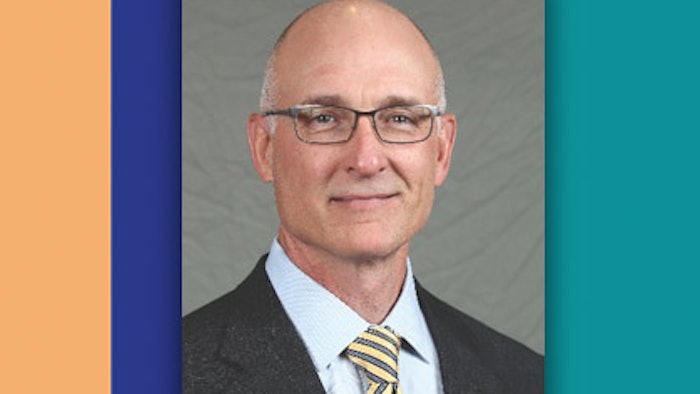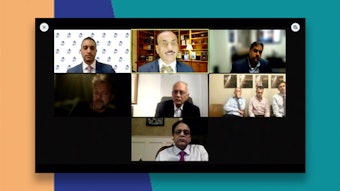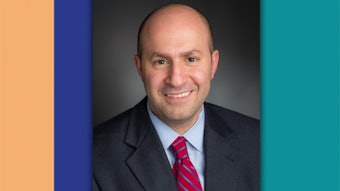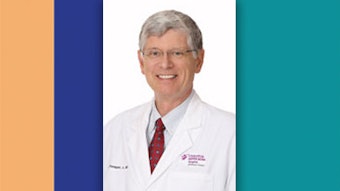Turning clinical catastrophes into coaching sessions
Lessons learned can help urological surgeons avoid pitfalls.

Patient case studies with positive outcomes make for great conference learning material. Sharing the not-so-positive studies is just as educational, according to Randall B. Meacham, MD, professor and chief of urology at the University of Colorado School of Medicine in Aurora.
Dr. Meacham is the director of Saturday’s session, “When Disaster Strikes: Preventing and Managing Nightmares in Urology.” This session is filled with stories about things that did not go right. However, he hopes it will teach others what not to do wrong.
“As surgeons, most of us love to give presentations about the procedures that we perform,” Dr. Meacham said. “But what about those occasions when our surgeries don’t go as planned—when the tissue planes don’t reveal themselves, exposure is poor, bleeding is profuse or the postoperative results fall short of patient expectations? How can we turn clinical catastrophes into useful lessons that will help others avoid these pitfalls?”
In many areas, there is value in reviewing cases where things did not go as planned. For decades, Dr. Meacham said, NASA, all branches of the U.S. military and performance improvement teams in both medical and industrial settings have conducted debriefing sessions after an adverse event to learn what led to the poor outcome and, more importantly, how it can be prevented in the future. Studies show that participants better absorb and retain Information gleaned from such exercises.
“The U.S. Army describes this process as an after-action review (AAR). It enables soldiers to discover for themselves what happened, why it happened and how to sustain strengths and improve on weaknesses,” he said. “A high-ranking military leader once said, ‘If you don’t conduct AARs after each event, you are rolling the dice with each mission thereafter. Dice is 100% a game of chance.’”
Medical debriefings have become one of the most powerful tools in clinical quality improvement, Dr. Meacham said. According to the Agency for Healthcare Research and Quality, a medical debriefing is defined as “a dialogue between two or more people; its goals are to discuss the actions and thought processes involved in a particular patient care situation, encourage reflection on those actions and thought processes and incorporate improvement into future performance.”
Learning from clinical experience can be a painful process. Much can be learned, however, from cases that would be best described as nightmares. Saturday’s session brings together a panel of highly respected urologic surgeons from several subspecialties who will present and discuss exactly this type of case as a learning opportunity for those who attend.
“We will explore the kind of outcomes that wake you up in the middle of the night in a cold sweat—outcomes that would chill the heart of the most resolute urologist and offer plaintiff attorneys the chance to retire in style,” Dr. Meacham said.
During the session, each speaker will describe a case and outcome. More importantly, speakers will share lessons learned, specifically identifying procedural, training or system-based considerations that may have contributed to the outcome along with preventive strategies to address these issues. Speakers will discuss remedies for managing complications as well.
“The session promises to be lively and fast-paced, one that will send chills down your spine while helping to prevent these nightmares from becoming a reality in your own clinical practice,” Dr. Meacham said.
Visit AUA2021 Daily News Online for more articles.











